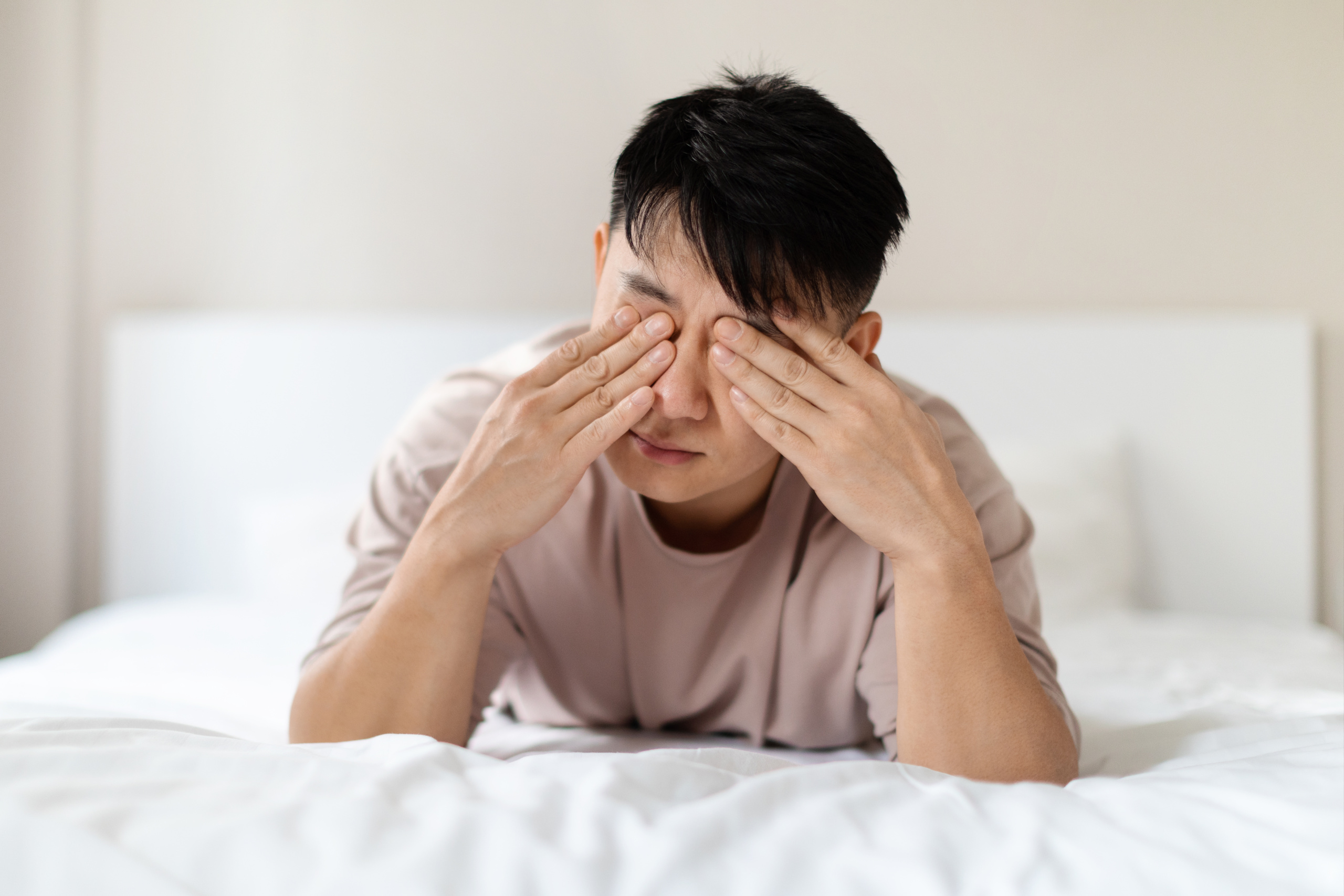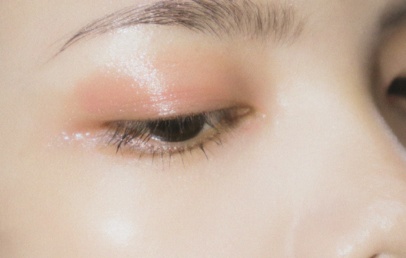
Dry Eyes Syndrome (DES) is a common condition that affects millions of people worldwide, causing discomfort, irritation, and even vision problems. If you’ve ever experienced a gritty sensation in your eyes, redness, or a constant feeling of something in your eye, you may be dealing with dry eyes.
Let’s take a closer look at what Dry Eyes Syndrome is, its causes and symptoms, and most importantly, how to take care of your eyes to keep them healthy and comfortable.
What is Dry Eyes Syndrome?
Dry Eyes Syndrome occurs when your eyes don’t produce enough tears, or the tears evaporate too quickly, leaving the eyes feeling dry, irritated, and inflamed. Tears play a crucial role in keeping your eyes lubricated and nourished.
Without enough moisture, the surface of your eye can become irritated and even damaged. This condition can affect anyone, but it’s particularly common in older adults and those who spend long hours staring at screens.
Causes of Dry Eyes Syndrome
Dry Eyes Syndrome can be triggered by a variety of factors, including:
- Aging: As we age, tear production naturally decreases, making dry eyes more common among older adults.
- Environmental Factors: Dry, windy, or smoky environments can accelerate tear evaporation, leading to dry eyes.
- Digital Eye Strain: Spending long hours on devices like computers, phones, and tablets can reduce the frequency of blinking, leading to less tear distribution and more dryness.
- Health Conditions: Certain health conditions, such as autoimmune diseases (like rheumatoid arthritis and lupus), diabetes, and thyroid disorders, can contribute to dry eyes.
- Medications: Some medications, like antihistamines, decongestants, and antidepressants, can reduce tear production as a side effect.
- Contact Lenses: Wearing contact lenses for extended periods can also cause discomfort and exacerbate dry eyes.
Symptoms of Dry Eyes Syndrome
Dry Eyes Syndrome can manifest in a variety of symptoms, including:
- A gritty or sandy sensation in the eyes
- Redness or irritation
- Blurred vision that improves with blinking
- Excessive tearing (ironic, right?) because your body compensates for dryness
- Difficulty wearing contact lenses
- Burning or stinging sensations in the eyes
If you experience any of these symptoms regularly, it’s important to consult an eye care professional for a proper diagnosis and treatment plan.
How to Take Care of Your Eyes and Manage Dry Eyes Syndrome?
While Dry Eyes Syndrome can be uncomfortable, there are several effective ways to manage and alleviate symptoms:
- Use Artificial Tears or Eye Drops: Over-the-counter artificial tears can help lubricate the eyes and relieve discomfort. Look for preservative-free drops for regular use.
- Practice the 20-20-20 Rule: To combat digital eye strain, take a break every 20 minutes by looking at something 20 feet away for at least 20 seconds. This gives your eyes a rest and helps prevent them from drying out.
- Stay Hydrated: Drink plenty of water throughout the day to help maintain your body’s moisture levels, including in your eyes.
- Use a Humidifier: If you live in a dry or heated environment, a humidifier can help maintain moisture in the air, preventing your tears from evaporating too quickly.
- Wear Protective Eyewear: If you’re exposed to wind or smoke, wearing glasses or sunglasses can shield your eyes from irritants and help prevent dryness.
- Follow a Proper Blinking Technique: Make an effort to blink more frequently when working on a computer or staring at screens to help spread tears evenly over your eyes.
- Avoid Smoking: Smoking can worsen dry eyes and irritate the tear glands, so quitting can help improve symptoms.
- Consult Your Eye Care Professional: If over-the-counter treatments aren’t effective, your doctor might recommend prescription eye drops or other treatments like punctal plugs to block tear drainage and keep moisture in your eyes longer.
When to See a Doctor?
If you experience persistent dry eye symptoms or if they interfere with your daily life, it’s important to visit an eye care professional. Chronic dryness can cause long-term damage to your cornea, leading to more serious complications if left untreated. Your doctor will help determine the underlying cause and create a personalized treatment plan tailored to your needs.
Taking care of your eyes is essential for maintaining both comfort and vision health. Dry Eyes Syndrome, while common, is manageable with the right approach. By understanding the causes and symptoms, and implementing a few simple lifestyle changes and treatments, you can help alleviate discomfort and protect your eyes. Always remember, if symptoms persist, seek professional care to ensure your eyes remain healthy and happy.




